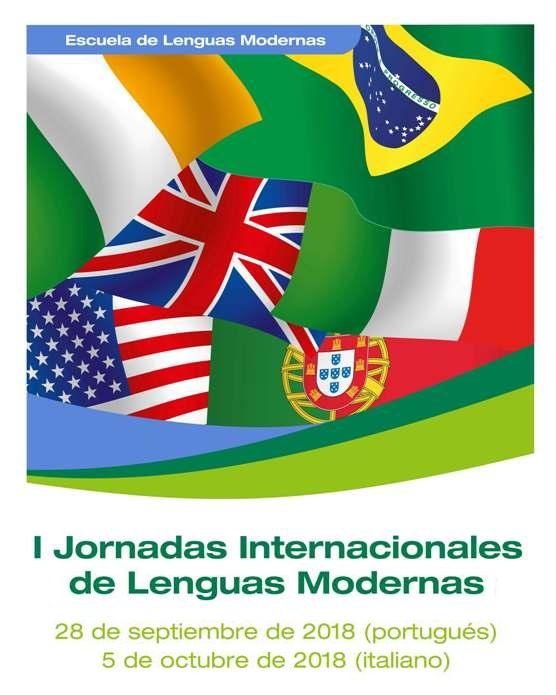Andrea Valeria Carbone
 Valeria Carbone is a translator, copy editor and teacher at college level. She holds a degree in Literary, Technical and Scientific Translation from Instituto de Enseñanza Superior en Lenguas Vivas “Juan Ramón Fernández”. She has also completed a specialization (adscripción) in Technical and Scientific Translation in the same institute. She is Correctora Internacional de Textos en Lengua Española from Fundación Litterae and holds a Master’s Degree in Applied Linguistics from University of Aston. She works as independent translator for the World Bank Institute and is a Lecturer in English Language in the Teaching, Translation and Interpretation Departments at Instituto de Enseñanza Superior en Lenguas Vivas “Juan Ramón Fernández”. Her research interests are in the areas of language, meaning and lexical studies. E-mail: avaleriacarbone@gmail.com Valeria Carbone is a translator, copy editor and teacher at college level. She holds a degree in Literary, Technical and Scientific Translation from Instituto de Enseñanza Superior en Lenguas Vivas “Juan Ramón Fernández”. She has also completed a specialization (adscripción) in Technical and Scientific Translation in the same institute. She is Correctora Internacional de Textos en Lengua Española from Fundación Litterae and holds a Master’s Degree in Applied Linguistics from University of Aston. She works as independent translator for the World Bank Institute and is a Lecturer in English Language in the Teaching, Translation and Interpretation Departments at Instituto de Enseñanza Superior en Lenguas Vivas “Juan Ramón Fernández”. Her research interests are in the areas of language, meaning and lexical studies. E-mail: avaleriacarbone@gmail.com
Conference information
Title: Lexical Relations and Meaning As Context
Schedule: Wednesday 16th, 3.30pm-4-30pm, Special Session A, Green Room, Discourse Analysis.
Abstract:
This paper hopes to contribute to the understanding of meaning as inherently vague and indeterminate except when seen as the active process in which discourse sets up lexical sense relations. Vagueness and indeterminacy in reference was studied by Eleanor Rosch (1973, 1978). She found that conceptual categories do not have sharp boundaries. This same indeterminacy in categories has been ascribed to words by Hanks (2008). He contends that word meaning is made up of components which are activated by the context, where the context may help disambiguate the semantic composition of a word in use. Even though some components are activated by contextual triggers, discriminating which components are active is rarely straightforward. This is precisely the kind of task lexical relations effect in context. Lexical relations have been studied from various perspectives: from Lyons to Cruse (Geeraerts, 2010: 82) and from generative linguistics (Radford et al., 2009: 170) to functional linguistics (Halliday, 2014: 644). All discuss the four classic types: superordination-hyponymy, holonymy-meronymy, synonymy and antonymy. Traditionally, these relationships have been analysed in isolation, ie not as part of discourse. One exception is Jeffries’s Opposition in Discourse (2010). Jeffries argues pairs of words may enter into oppositional relationship by virtue of their textual surroundings. The contention here is that all sense relations are constructed in texts, not just antonymy. This view helps appreciate more accurately both the flexibility and the fuzziness of meaning, but it also contributes to understanding the processes of meaning disambiguation as instantiated by lexical relations in discourse.
|
